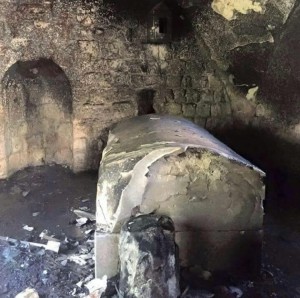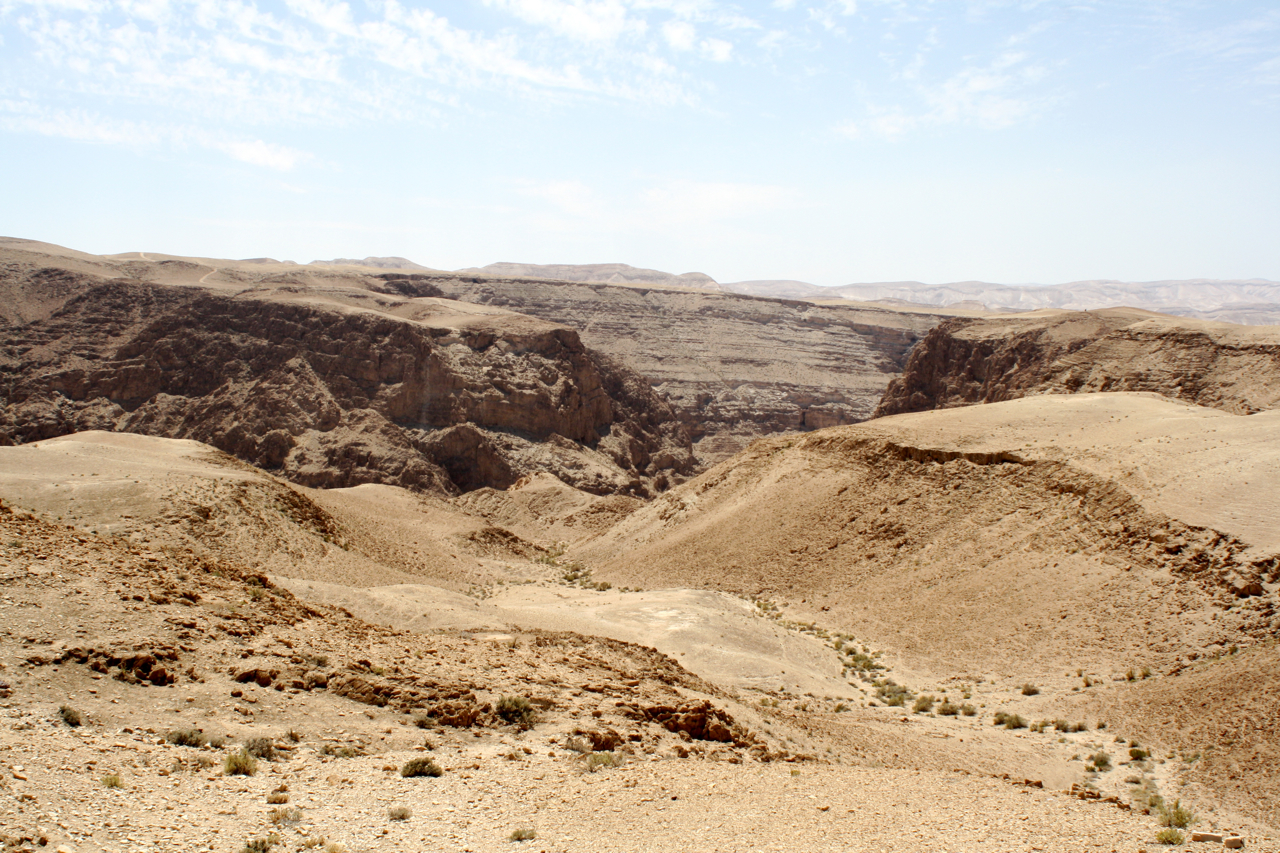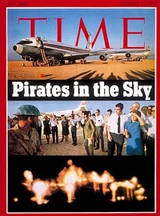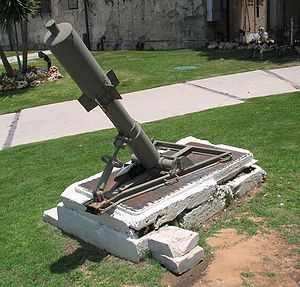
Mistakes, large and small, national and personal, are part of human existence. They also have a tendency to come back to bite us. The current wave of terror, lone wolf as it may be, is pretty much directly traceable to a number of major mistakes made by well-meaning leaders of Israel. All of these mistakes were made with good intent, and since no one possesses the gift of prophesy, the resulting troubles may not have been apparent initially. But that in no way changes the consequences of those mistakes.
The 1967 Six-Day War gave Israel and the Jewish people sovereignty over the Temple Mount in Jerusalem. Until then, the Moslem Wakf ruled the Temple Mount and excluded Jews from praying at the Western Wall, though this was in violation of all armistice agreements signed between Jordan and Israel in 1948. However, recognizing that it was defeated in the war that it had helped initiate, it handed over the keys to the Temple Mount to the Israeli army.
Israeli defense minister Moshe Dayan, however, immediately returned the keys to the Wakf and restored their hegemony over the holiest site in the Jewish world. Since then, the Wakf has been busily destroying all possible remnants of the Jewish Second Temple and other artifacts proving Jewish sovereignty and connection to the site.
This has constantly stirred up the masses’ false claims that Israel desecrated and even once attempted to destroy the Al-Aqsa Mosque built on the platform of the Temple Mount. The propaganda in this regard and the incitement that it occasions are the main catalysts that drive Islamic terrorism against Israel and the Jewish people.
Those that negotiated the Oslo Accords have lived to see them continually violated. Even the Palestinian Authority, which was created by the Oslo Accords, has publicly renounced it. Yasser Arafat and the PLO were withering on the vine in distant Tunisia when the peacemakers began their mischief.
Israel brought Arafat and his corrupt gang back to the Land of Israel and foisted them upon a bewildered Palestinian population. The presence of Arafat and his successor Abu Mazen in the Land of Israel has brought only violence, terrorism, corruption and bitterness to the Palestinians, and wars and death to Israelis.
Oslo was a grievous mistake. We are currently paying the price for it. The slogan of the time was that peace can only be made between enemies. The rub is, however, that the enemies must want to make peace. But from day one, the PLO and Palestinian Authority have exhibited no faith toward the terms of the Agreement. Constant incitement and threats are, in the main, the exports of the Palestinian Authority to Israel and the general world. Oslo cannot be changed, but we should at least recognize and admit that it was a mistake.
The Gaza disengagement and the hurried withdrawal (almost flight) from Lebanon have also proven to be mistakes of considerable consequence. Hezbollah in the north and Hamas in the South have boxed Israel into a situation where tens of thousands of rockets can be delivered in a moment against innocent Israeli civilians. Land for peace was also one of the great slogans that brought about these mistakes. However, it is apparent that the issue is not one of borders or land, but whether the Jewish people have the right to exist and develop in their ancestral homeland.
Only now, many decades after the establishment of the State of Israel, is the reality of this core issue sinking into the consciousness of the vast majority of Israelis. We realize that we have wrongly framed the issue that divides us from the Palestinians. We have taught the world to sanctify and even canonize the mistaken issue of land for peace.
That mistake also haunts us in all of our international relationships. We are always negotiating about the wrong thing and making concessions that eventually lead us nowhere. Mistakes are very painful to admit and even harder to correct. But the beginning of any process of righting the ship certainly depends upon recognizing and admitting past mistakes and errors and resolving not to commit them again.











